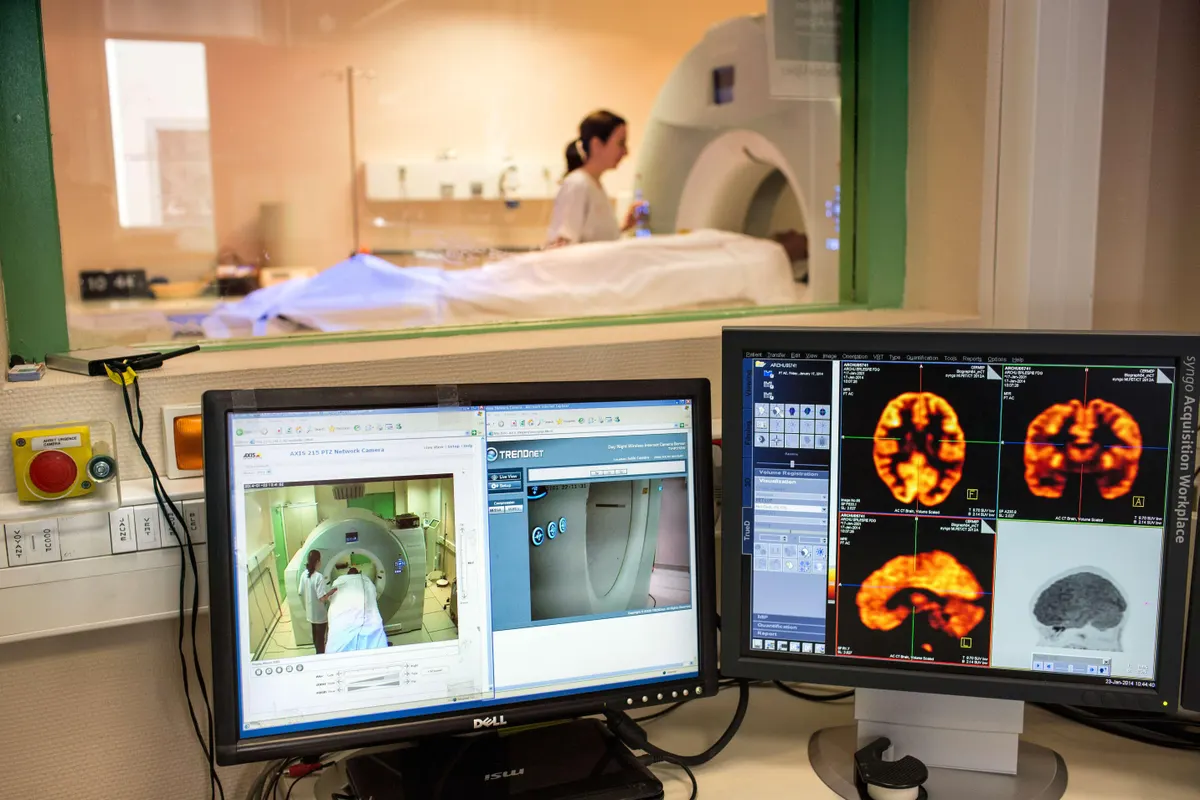Introduction
Reflecting on my 32-year journey in the field of medicine, I am continually fascinated by how my initial passion for mathematics led me on an unexpected path to pursue an MBBS. The intersection of medicine and mathematics has unlocked a world of endless possibilities, where intricate patterns and structures within biology mirror the infinite permutations and combinations found in math.
As I delve deeper into the fusion of these disciplines, I am reminded of how clinical medicine, with its blend of human intuition and algorithmic precision, forms a captivating and complex realm.
Meet Dr.Sivakumar
Dr. Sivakumar is a diabetic care practitioner based in a tier 2 city in India. His journey began in 2004 when he started capturing digital health records on behalf of his patients at his clinic. This approach significantly reduced the burden on patients who no longer needed to carry physical paper records. Moreover, it enabled Dr. Sivakumar to provide better care by facilitating easy retrieval of vital parameters such as blood sugar levels, pulse, BMI, and blood pressure. Additionally, the digitization of health records allowed him to provide printed prescriptions, which increased patient compliance compared to the traditional method of handwritten prescriptions.
In 2009, Dr. Sivakumar and his team built an electronic medical records (EMR) system for their clinic with the help of a software development company. This implementation resulted in a reduction in operational tasks, freeing up more time for providing enhanced care to patients. By using the EMR system, Dr. Sivakumar was able to identify prescription patterns and deliver faster and more effective medications to his patients. The system also provided the ability to visualize trends in vital parameters and review past performance, enabling him to make prompt and informed decisions in patient care.
The Role of Mathematics in Medicine
Mathematics plays a pivotal role in understanding the biological patterns that govern life, from the microscopic world of cells to the macroscopic structures of organisms. The principles of mathematics help us decode the intricacies of biological systems, providing insights that are essential for medical advancements.
By applying mathematical models, we can predict outcomes, optimize treatments, and improve patient care. The infinite possibilities of permutations and combinations in math offer a framework for solving complex medical problems, making it an indispensable tool in the field of medicine.
Clinical Medicine: Where People and Algorithms Converge
Clinical medicine stands at the intersection of human expertise and algorithmic precision. In this realm, healthcare professionals apply rules and algorithms to diagnose diseases, navigate uncertainties, and develop treatment plans.
The use of clinical algorithms helps in making informed decisions, but it is the probabilistic approach that provides solace amidst the uncertainties of differential diagnoses. By understanding the probabilities associated with various conditions, clinicians can make more accurate and timely decisions, ultimately improving patient outcomes.
Optimizing Patient Care in Resource-Constrained Settings
In resource-constrained settings like India, optimizing patient care is both a necessity and an art. Healthcare professionals rely heavily on thorough history-taking and clinical examinations, followed by targeted tests and cost-effective treatments. This approach ensures that patients receive the best possible care despite limited resources.
Here, technology becomes a crucial ally. Diax.AI emerges as a bridge that connects patient-reported symptoms, clinician findings, and lab results, facilitating swift consultations and precise management through decision support systems. Accessible health records with secure links empower patients and enable healthcare professionals to prescribe efficiently, backed by chronological data for future reference.
Personalized Care and Real-World Evidence
For individuals, technology offers personalized care tailored to their unique needs. Diax.AI's Diary provides patients with a platform for managing their health, while Dialog empowers healthcare professionals to generate real-world evidence for precision medicine.
This real-world evidence is critical for developing treatments that are effective across diverse populations and medical conditions. By leveraging data, healthcare professionals can refine their approaches, ensuring that patients receive the most appropriate and effective care.
Diabrain: The Fusion of AI and Medical Expertise
At the forefront of this technological revolution is Diabrain, a groundbreaking system that merges artificial intelligence with medical expertise. Diabrain offers real-time decision support, enhancing the capabilities of healthcare professionals and shaping the future of healthcare.
By analyzing vast amounts of data, Diabrain provides insights that would be impossible to derive manually, enabling precise and timely interventions. This fusion of AI and medical knowledge represents the pinnacle of healthcare innovation, promising a future where decision-making is faster, more accurate, and more effective than ever before.
The Future of Healthcare Transformation
The convergence of medicine, mathematics, and technology paints a promising picture of the future. Patterns in biological data become solutions, and data itself transforms into actionable care. With Diax.AI at the helm, we are ushering in a new era of healthcare transformation. The advancements in AI and machine learning are set to revolutionize the way we approach medical problems, making healthcare more efficient, accessible, and effective. Stay tuned as we continue to explore and innovate, shaping the future of healthcare one breakthrough at a time.
In conclusion, my journey through medicine, mathematics, and technology has revealed the immense potential that lies at their intersection. By harnessing the power of these disciplines, we can unlock new solutions to old problems, improve patient outcomes, and transform the healthcare landscape. The future of medicine is bright, and with continued innovation, we can look forward to a world where healthcare is smarter, more personalized, and more effective for everyone.
